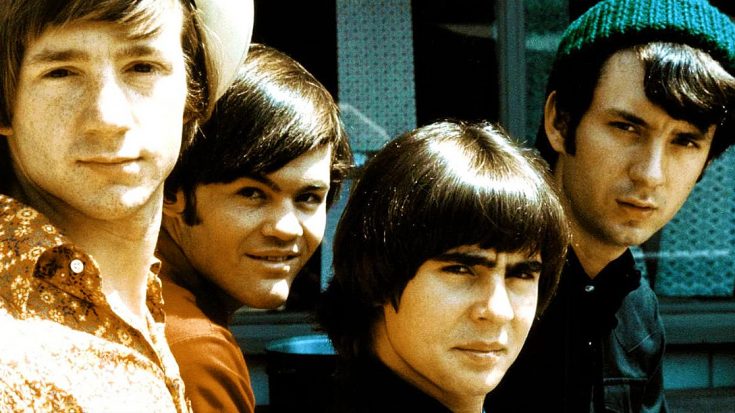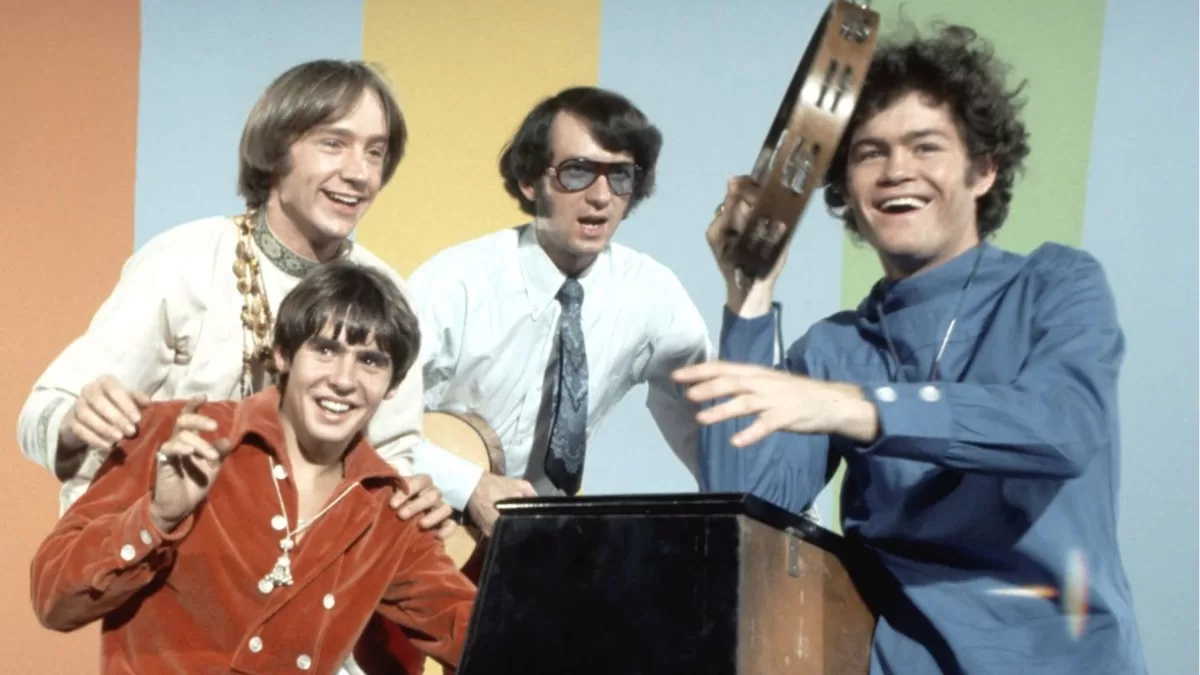“Last Train to Clarksville”-The Monkees’

The Monkees’ “Last Train to Clarksville”: A Pop Classic with Subtle Social Commentary
Released in 1966 as the debut single for The Monkees, “Last Train to Clarksville” became an instant hit, reaching number one on the Billboard Hot 100. Written by Tommy Boyce and Bobby Hart, the song is a quintessential example of 1960s pop music, blending catchy melodies, tight harmonies, and jangly guitars with a more serious underlying message.
Musically, “Last Train to Clarksville” is a perfect pop song. It features an upbeat, infectious melody paired with rhythmic guitar strumming that evokes the folk-rock sound of the era, reminiscent of The Beatles and The Byrds. The vocal harmonies, led by Micky Dolenz, are smooth and engaging, adding to the song’s upbeat feel. The song’s structure is simple but effective, with the verses and chorus alternating smoothly, each building on the other to create a sense of urgency and anticipation.

The song’s lyrics tell the story of a man catching a train to Clarksville to meet his lover, knowing it may be the last time they see each other. On the surface, the song appears to be about a romantic farewell, but it subtly alludes to the Vietnam War, which was escalating at the time. The protagonist is leaving, possibly to be deployed to war, and the song hints at the fear of not returning. Lines like “I can’t hear you, though the whistle’s blowing” and “I don’t know if I’m ever coming home” suggest a finality to the parting that goes beyond a simple love song. The song’s themes of departure, uncertainty, and the unknown reflect the anxieties of a generation facing the realities of war.

The upbeat tempo and catchy chorus contrast with the song’s more somber undertones, creating a tension between the music and the message. This tension is one of the reasons “Last Train to Clarksville” resonates so strongly with listeners—it captures the bittersweet feeling of saying goodbye under uncertain circumstances while still offering an irresistible pop sound. The Monkees, who were initially seen as a manufactured band for television, proved with this song that they could deliver music with depth and emotional resonance, despite the preconceived notions about their origins.

The song’s success helped establish The Monkees as legitimate pop musicians, not just television stars. Though their career began in the context of a TV show, they quickly transcended this by delivering quality music that captured the spirit of the 1960s. “Last Train to Clarksville” set the stage for their future hits and solidified their place in pop history.

In conclusion, “Last Train to Clarksville” is more than just a catchy pop tune; it is a reflection of the cultural and political climate of the 1960s. With its infectious melody, thoughtful lyrics, and emotional depth, the song remains one of The Monkees’ most enduring hits. Its success helped shape their legacy and continues to resonate with new generations of listeners who appreciate its blend of pop charm and subtle social commentary.











